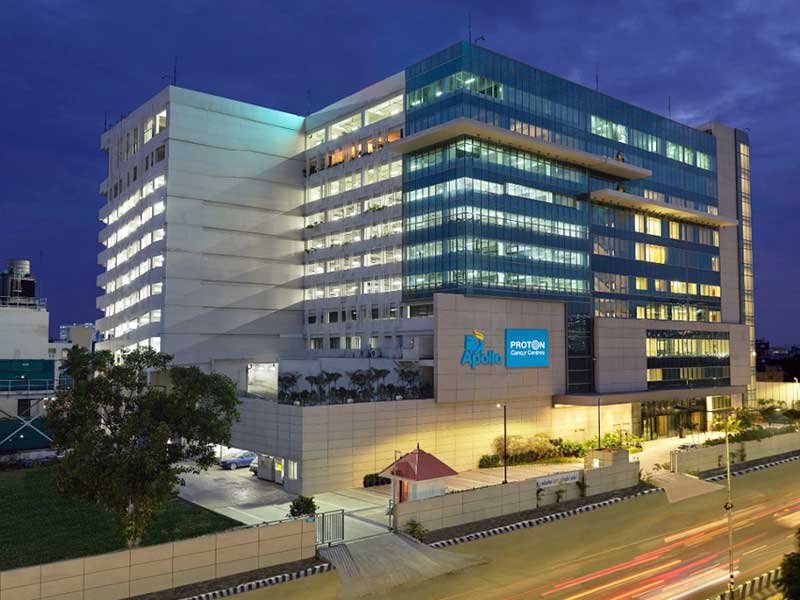Home Treatments IVF and Fertility
Fertility is the natural capacity of an individual to conceive a child. While most individuals are easily able to conceive children naturally, many struggle with fertility issues.
In Vitro, Fertilization, commonly known as IVF is an assisted reproductive technology. The term In Vitro means ‘outside the body’. It is the medical science which is concerned with research, treatment and assistance in reproduction through technological developments made in the field.
IVF works through a number of procedures involving both, medicine and surgery. Couples who are unable to conceive naturally even after undergoing treatments and medications can opt for IVF. This technology helps them in conceiving a baby.
Through the IVF method, a man’s sperm and a woman’s eggs are combined, outside their bodies. This is done in a lab, in a laboratory dish. After the sperm and eggs are combined, the waiting period for fertilization begins. The mixture of sperms and eggs are kept in the lab, under specific conditions and monitoring procedures. When one or more eggs are combined (embryos, at this stage), they are transferred into the woman’s uterus. Once placed in the uterus, the embryos then start developing like a natural baby in the uterus.
Caffeine should be consumed in moderation, and you should quit smoking and consuming alcohol. There is no reason that light exercise should have a negative impact on IVF therapy; just the reverse is thought to be true. Light to moderate exercise is beneficial to both your physical and emotional well-being.
1. Physical alterations -
Women frequently put on a little weight while receiving IVF therapy. Injections of hormones may alter your appetite as well as your weight. Your stomach will feel swollen and your jeans will feel tight depending on how many eggs grow or if you have any minor ovarian hyper stimulation . This is typical and will pass once your period starts or a few weeks into your pregnancy. Call your doctor’s office right away if you gain weight quickly (for instance, 10 pounds in 2-3 days).
2. Emotional state -
The experience of a first IVF treatment can feel overwhelming for some patients, if additional hormones in your body aren't enough to make you feel emotional. Be prepared to experience emotions.
3. Distracting thoughts -
The feeling of having "pregnancy brain" while undergoing IVF has been described by some women, according to our records. Given that many patients balance their employment, other commitments, and treatments in addition to thinking about the outcomes of their treatments, it is not surprising. It's pretty typical to become preoccupied or forgetful.
4. A greater desire to eat
Some patients may get more hungry, though this doesn't happen to everyone. While some drugs may make you more hungry, cravings for food are typically more emotionally motivated than physically driven. Do not forget to consume a balanced diet.
6. Oral medicines
You might also need to take oral medication in addition to shots. Following consultations, your doctor will modify your dosages and, if necessary, suggest new drugs.
7. Modifications to the digestive system
People undergoing IVF frequently complain of constipation or loose stools. To help with digestive problems, be sure to consume lots of liquids and meals high in fiber.
8. Some waiting
9. Stressful or irritable feelings -
Some patients may find the process of receiving fertility treatments to be stressful, and it can be upsetting if you start to experience the side affects of your medications physically. Anxiety can be reduced by using techniques for reducing stress, such as mild yoga, meditation, or acupuncture.
11. Surprises
There is no "average" experience with fertility treatments because each patient's therapy is unique. It's normal to feel more hungry when receiving therapy, so don't be startled. If your need for sleep increases each night, don't be shocked. Additionally, don't be shocked if you discover that this process is much simpler than you anticipated. Expect the unexpected, as the saying goes.
A successful pregnancy and the healthy child that results are IVF's most important advantages. It nevertheless offers a considerable opportunity for a couple trying to conceive after numerous unsuccessful natural attempts, even though a favorable outcome cannot be guaranteed.

Beds: 539
New Delhi

Beds: 230
New Delhi

Beds: 710
New Delhi

Beds: 650
New Delhi

Beds: 191
New Delhi

Beds: 310
New Delhi

Beds: 299
Gurugram

Beds: 380
New Delhi

Beds: 402
New Delhi

Beds: 1300+
Gurugram

Beds: 1000
New Delhi

Beds: 675
New Delhi

Beds: 500
New Delhi

Beds: 400+
Faridabad

Beds: 106
New Delhi

Beds: 495
New Delhi

Beds: 104
Gurugram

Beds: 250
Gurugram

Beds: 300
Gurugram

Beds: 162
New Delhi

Beds: 400+
New Delhi

Beds: 380
Faridabad

Beds: 262
New Delhi

Beds: 325
Faridabad

Beds: 550
Gurugram

Beds: 2600
Faridabad

Beds: 400
Noida

Beds: 450
Chennai

Beds: 560
Chennai

Beds: 400
Chennai

Beds: 300
Chennai

Beds: 150
Chennai

Beds:
Chennai

Beds: 300
Chennai

Beds: 180
Chennai

Beds: 200
Chennai

Beds: 750
Mumbai

Beds: 2000
Hyderabad

Beds: 1000
Chennai

Beds: 360
Chennai

Beds: 750
Chennai

Beds: 350
Mumbai

Beds: 345
Mumbai

Beds: 300
Mumbai

Beds: 350
Mumbai

Beds: 350
Mumbai

Beds: 310
Mumbai

Beds: 257
Mumbai

Beds: 46
Chennai

Beds: 600
Bengaluru

Beds: 284
Bengaluru

Beds: 450
Bengaluru

Beds: 100
Bengaluru
.jpg)
Beds: 500
Bengaluru

Beds: 250
Bengaluru

Beds: 80
Bengaluru

Beds: 284
Bengaluru

Beds: 350
Ahmedabad

Beds: 289
Ahmedabad

Beds: 210
Ahmedabad

Beds:
Ahmedabad

Beds: 550
Ahmedabad

Beds: 1000
Hyderabad

Beds: 550
Hyderabad

Beds: 150
Hyderabad

Beds: 400
Hyderabad

Beds: 435
Hyderabad

Beds: 225
Hyderabad

Beds: 585
Hyderabad

Beds: 600
Pune

Beds: 500
Pune

Beds: 350
Pune

Beds:
Pune

Beds: 120
Pune

Beds: 100
Pune

Beds: 300
Kolkata

Beds: 700
Kolkata

Beds: 316
Kolkata

Beds: 440
Kolkata

Beds: 200
Kolkata

Beds: 1300
Kochi

Beds: 600
Calicut

Beds: 670
Kochi

Beds: 510
Kochi

Beds:
Kochi

Beds: 20
Chennai

Beds: 450
Noida

Beds: 150
Hyderabad

Beds: 500
Mumbai

Beds: 22
Mumbai
Our care team can help you.
